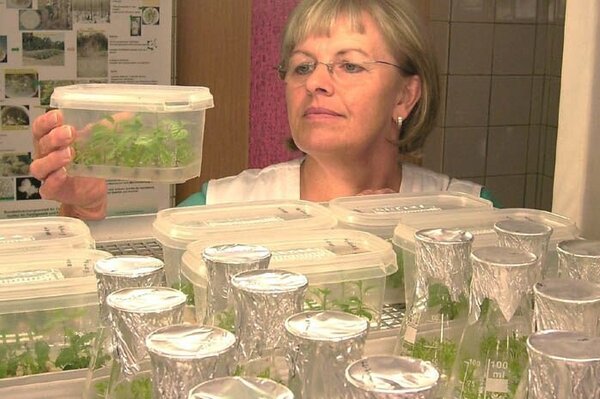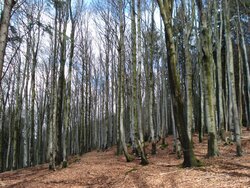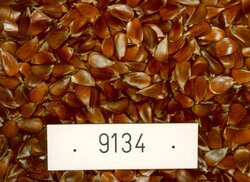Dossier
Provenance Research – the Backbone of Tree Improvement
Mirko Liesebach
Most tree species are distributed over wide ranges of land, covering different site conditions. With the adaptation to these differing sites, genetic variation evolves between populations. The knowledge about local adaptation is important to identify well performing species and also populations and provenances resistant against diseases and environmental influences.
At the Thünen-Institute for Forest Genetics we test the suitability and adaptability of numerous broadleaved and coniferous forest tree species in provenance trials. The climate change gives this research a new dimension. There are large gaps in knowledge in estimating the role genetic differences play in the degree of adaptation to differing site conditions and how rapidly populations are able to adapt to them.
The investigations are connected with the legal regulations for procurement, trade, deployment, and nursing, as well as the use of forest reproductive materials.
Experimental plots throughout Germany
The Thünen Institute of Forest Genetics looks after more than 400 trial plots in Germany. There we test how trees of different origins and from different families are suited for cultivation. On these plots we observe the survival of the trees, their susceptibility to diseases and pests, and their growth dynamics.
So far, we have mainly used the results to provide forestry practice with indications for the site-appropriate selection of provenances for cultivation. Currently, the data is also increasingly being used to make statements about the adaptability of different provenances to climate change.







![[Translate to English:] Breeding of Hybrid Larch – an Example for Successful Forest Tree Breeding?](/media/_processed_/5/2/csm_Laerche_Versuch_5d8139cd09.jpg)
![[Translate to English:] Logo des Bundesministerium für Ernährung und Landwirtschaft](/media/allgemein/logos/BMEL_Logo.svg)